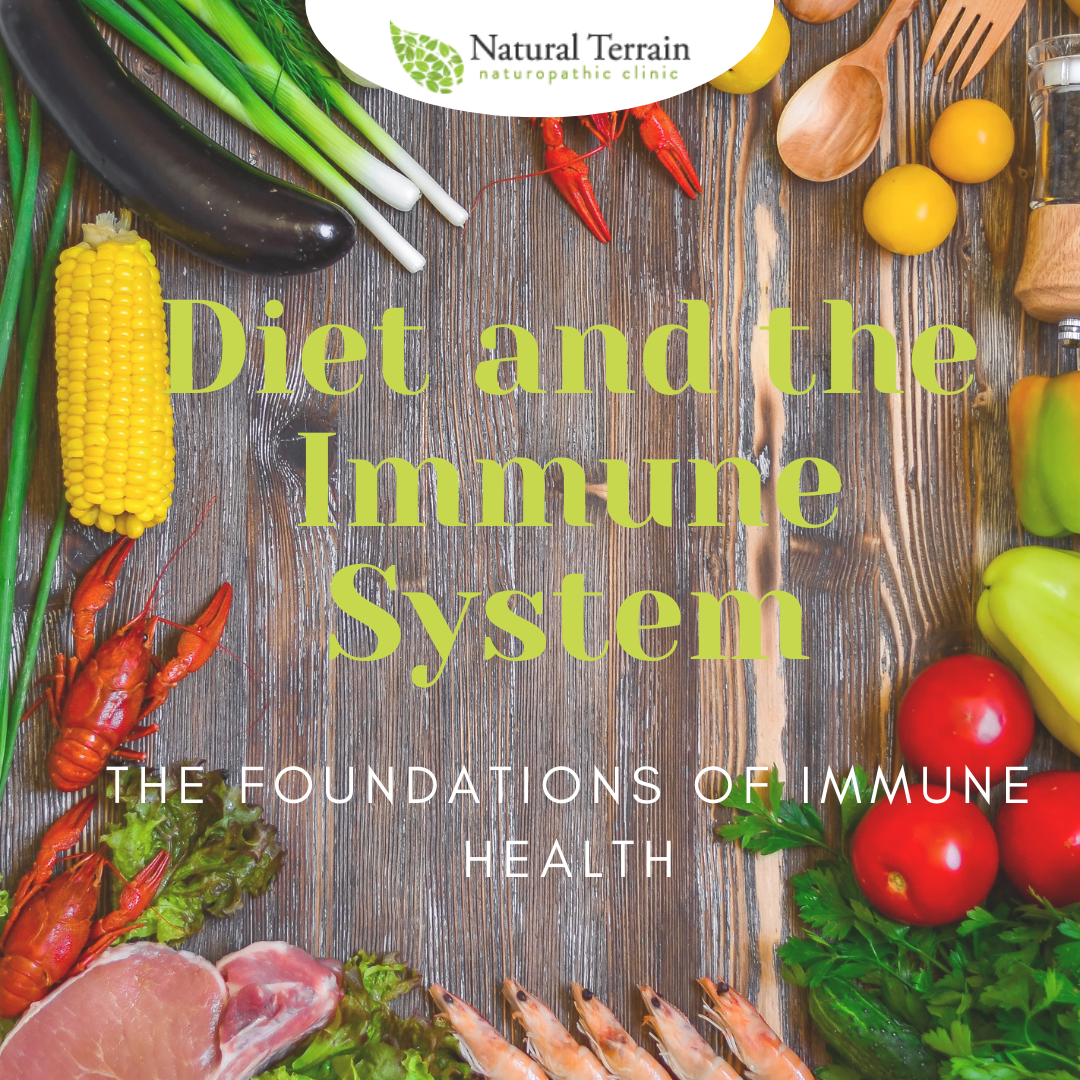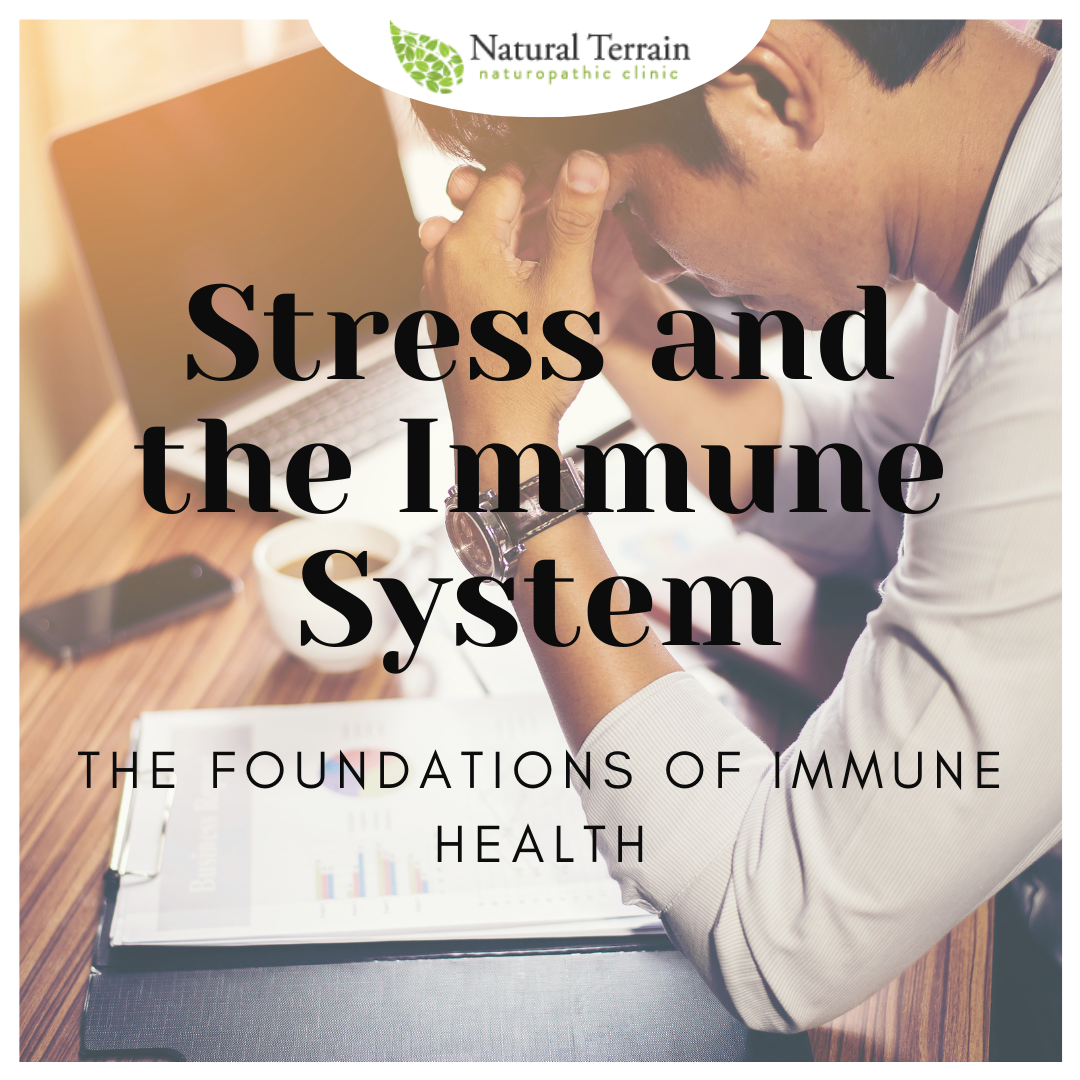Graduating from the Canadian College of Naturopathic Medicine in 2003, Dr. Michael Mason-Wood ND has spent the past 17 years helping over 3000 patients with a wide range of conditions. We interviewed Dr. Mason-Wood ND to reflect back on the past 17 years.
Q: Why did you go into naturopathic medicine?
A: I was a lost soul, I was 28, had no career in mind, but knew that I couldn’t be a gold and diamond miner all my life. So I went back to university as a mature student. In my final year of my undergraduate degree, I was thinking about doing my master’s in Entomology (the study of insects) when I met my massage therapist, who was studying to be a naturopathic doctor. She explained what naturopathic medicine was and encouraged me to go apply for the next year. I applied and got accepted and the next September I completed a 5-day drive from Whitehorse to Toronto. When I got to Toronto, I did not know much about naturopathic medicine, but as we started to learn about botany, homeopathy and acupuncture, I quickly fell in love with the profession. I am First Nations and I grew up learning about traditional healing from elders and felt that naturopathic medicine aligned with my core values.
Q: What has been the best thing about being a Naturopathic doctor?
A: The best thing about being a naturopathic doctor is the satisfaction of knowing you are helping people on a daily basis. I am able to help over 80% of my patients get better, whether it’s a 5-month-old with eczema, or an 80-year-old with knee pain for the past 10 years. People are happy when they see me, they have better energy, better sleep, pain relief and I feel I am really able to impact my patient’s lives.
Q: How has your practice evolved in the past 17 years?
A: I started out practicing as a general Naturopathic Doctor in Whitehorse, YT. There were many practitioners in the holistic health field and I only saw 6-7 patients per week when I started in practice. After three years, I moved to Fort McMurray and there I started seeing 14-15 patients a day and working 13 -14 hour days. My wife and I later decided to move to Edmonton and become contractors at an already established naturopathic clinic. This allowed us to establish a better work-life balance and care for our son, something that we feel we have been able to continue for the last 15 years. After a couple of years, my wife left the clinic to start Natural Terrain, and I followed her a year later. Over my time as a naturopathic doctor, my practice has expanded into doing IVs, prolotherapy, ozone therapy and other injection therapies. I am always incorporating new treatment approaches to provide the best quality care for my patients.
Q: What drives you?
A: I am driven by my ability to help people. I love being a naturopathic doctor and I am really proud of the work that I do and being able to make people feel better. I don’t think many people can say they wake up every morning, excited to go to work, but I still am after 17 years.
I am also driven by my family. As a child, I grew up eating chocolate ice cream and frosted flakes. I would have 1-2 severe strep throat infections a year that would keep me home from school for 2-3 weeks at a time. As a father and a husband, I want to make sure that I know how to prevent and manage illness to keep myself and my family healthy. I want the best for my family and I think being a Naturopathic Doctor provides so many opportunities and knowledge that they can ask their naturopathic doctors to help them with.
Q: A lot of the therapies you have learned are for pain management. What got you interested in pain management?
A: Part of the reason that I have spent so much time learning about pain and about the different therapies for it is that I’ve experienced pain first hand. Given my own health conditions, severe kyphosis and scoliosis, i have had to learn how to manage chronic pain for myself. I wanted to ensure that I knew how to manage it so that myself and my patients wouldn’t have to let pain affect their daily lives.
Q: What has been your most rewarding moments?
A: There are lots of rewarding moments, but the one that comes to mind is when I was able to help a man who had been suffering for the past 20 years with severe pain after a motorbike accident. I did 2 PRP* treatments and 4 prolotherapy treatments and the patient’s pain went away. I saw the patient 3 years later and he still did not have any pain. I felt I was able to significantly change his life.
*Please note that PRP is not currently allowed to be performed by Naturopathic Doctors in Alberta. If you would like to see PRP returned to the scope of practice for the naturopathic profession, please contact the College of Naturopathic Doctors of Alberta at cnda.net or call 403-266-2446.

 Vegetables are dense in nutrients. They can help provide your body with different vitamins and minerals. Fruits and vegetables have antioxidant properties which help to reduce damage to our cells and optimize the immune system. Almost all vegetables and fruit have benefits to the immune system. Some examples of particularly great immune supporting fruits and vegetables are; berries, spinach, citrus fruits such as oranges, grapefruits, lemons and limes and cruciferous vegetables, such as broccoli, cauliflower, Brussel sprouts, cabbage and arugula.
Vegetables are dense in nutrients. They can help provide your body with different vitamins and minerals. Fruits and vegetables have antioxidant properties which help to reduce damage to our cells and optimize the immune system. Almost all vegetables and fruit have benefits to the immune system. Some examples of particularly great immune supporting fruits and vegetables are; berries, spinach, citrus fruits such as oranges, grapefruits, lemons and limes and cruciferous vegetables, such as broccoli, cauliflower, Brussel sprouts, cabbage and arugula. There are a lot of great spices out that don’t just add a bunch of flavour to your meals, but they also have immune-supporting effects. Garlic has a lot of antimicrobial properties that assists the immune system in preventing you from getting sick. Turmeric is highly anti-inflammatory and is a good antioxidant. Ginger is also good for bringing down the inflammation. These foods will help to improve your immune function. Try adding at least one to every meal.
There are a lot of great spices out that don’t just add a bunch of flavour to your meals, but they also have immune-supporting effects. Garlic has a lot of antimicrobial properties that assists the immune system in preventing you from getting sick. Turmeric is highly anti-inflammatory and is a good antioxidant. Ginger is also good for bringing down the inflammation. These foods will help to improve your immune function. Try adding at least one to every meal. Our immune systems are changeable and adaptable. What we do, how we live and what we think plays a direct impact on our immune systems. Because of this, working on the foundational building blocks of the immune system is important in preventing illness.
Our immune systems are changeable and adaptable. What we do, how we live and what we think plays a direct impact on our immune systems. Because of this, working on the foundational building blocks of the immune system is important in preventing illness.



